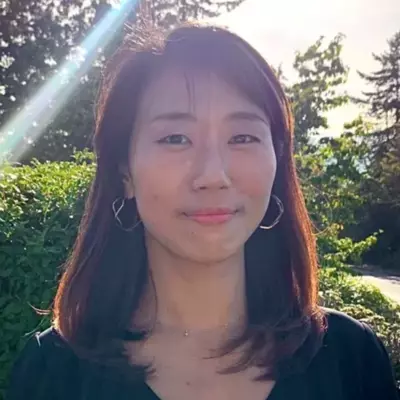
Dare to Look: Chŏng Kangja’s Body-Objects in Cold War Korea
February 7, 2025 | 12:00PM - 2:00PM
|
In-person
Location | Room 14228, John P. Robarts Research Library, 130 St George St, Toronto, ON M5S 0C2
About the Talk:
Chŏng Kangja (1942-2017), one of the few women artists in 1960s South Korea, has been primarily discussed for the unconventionality of her art practice, which met with immediate derogation from the patriarchal society and the authoritarian government of Park Chung Hee (1961-79). However, Chŏng’s practice, including her audacious use of the female body, was also an attempt to envision a more modernized art and society—an imperative in the former colonized country—while resonating with aspirations for economic and material growth.
Focusing on the interactions between art, the material conditions from capitalist development, and sociopolitical circumstances under the neocolonial and Cold War order, this talk examines Chŏng’s visions of contemporary Korean art as presented and materialized in her integration of everyday objects and human bodies. The reconfiguration of “the avant-garde” in Korea, the new material landscape of industrial and mass-produced items, and the translational discussion of technologically and economically more developed art and society across the United States, Japan, and Korea led Chŏng to embrace the fragmentation, alienation, and objectification of the female body and everyday objects. While hindering the operation of the patriarchal gaze through self-objectivation, Chŏng’s body-objects assembled with everyday objects in happenings and crashes generated moments in which art and the public intermingled—moments of a new kind of art for future Korea.
About the Speaker:
Ji Eun (Camille) Sung received a Ph.D. in art history and theory with her dissertation on the object- and action-based art of Korea between 1960 and 1980. Currently, she works on expanding her doctoral project by including experimental film and focusing on the relationship between aesthetics and politics of the practice during the period. Her research interests also include modern and contemporary art of the world, curatorial of BIPOC, continental philosophy, and queer and feminist art practice/theory/activism.
Sponsored by the Centre for the Study of Korea at the Asian Institute, Munk School of Global Affairs & Public Policy
